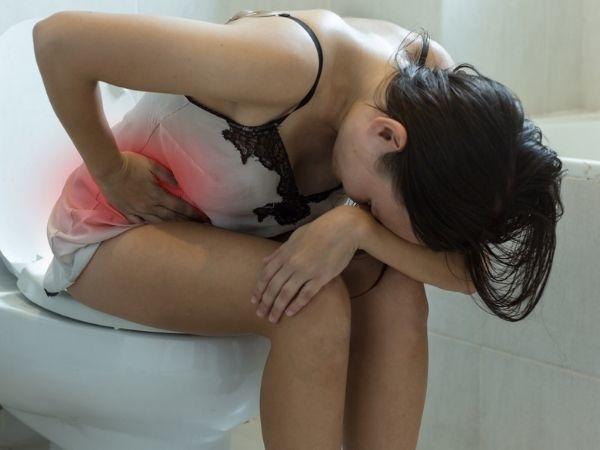“Are you PMSing?” is perhaps the most common question a woman is subjected to every time she feels irritated or restless. Yes, periods and mental health are interconnected, and menstruation does impact a woman’s mental and emotional well-being. Dr Madhuri Burande Laha, Consultant Obstetrician and Gynaecologist at Motherhood Hospital in Pune decodes the connection between periods and mental health for our better understanding.
If your periods are approaching, you will PMS a week before. While on your period, symptoms like heavy bleeding, breast tenderness, cramps, those nagging headaches, back pain and bloating can give you a tough time and you might find it difficult to do your daily chores with ease.
What is Premenstrual Dysphoric Disorder (PMDD)?

Credit: iStock
Sometimes, the symptoms of PMS are discomforting, problematic and manifest as premenstrual dysphoric disorder (PMDD), which is a severe form of PMS. Both PMS and PMDD can wreck havoc on your mental well-being. You will experience a wide range of emotions that can be troublesome. You will be anxious, stressed, depressed, irritated, frustrated, nervous, upset, angry, aggressive, panic, cringe, cranky and there will also be mood swings.
Dr Laha explains, “PMDD is serious and one may get depressed, and there will be loss of interest in daily activities, panic attacks and hopelessness. According to research, a dip in the level of estrogen is linked to low levels of serotonin. The estrogen levels go back to normal after periods and then one’s egg gets prepared to be released. The estrogen levels are normal before the process of ovulation.”
How mental health impacts menstruation

Credit: Piku, MSN Motion Pictures
It is a no-brainer that there is hormonal fluctuation when we are on our periods, and this can directly affect our mental well-being. If you are stressed because of any problem, then it will take a toll on your menstrual health.
Dr Laha elaborates, “Stress causes abnormal menstruation as it negatively impacts the female reproductive system. Your period may stop abruptly or shorten due to prolonged stress. Furthermore, it can also invite dysmenorrhoea. You will also notice symptoms like diarrhea, abdominal pain due to stress while menstruating. Stress tends to suppress one’s ovulation. Thus, cortisol, a stress hormone, can disrupt menstruation. Depression can cause amenorrhoea which is the absence of menstrual periods.”
Lead Image Credit: Piku, MSN Motion Pictures



